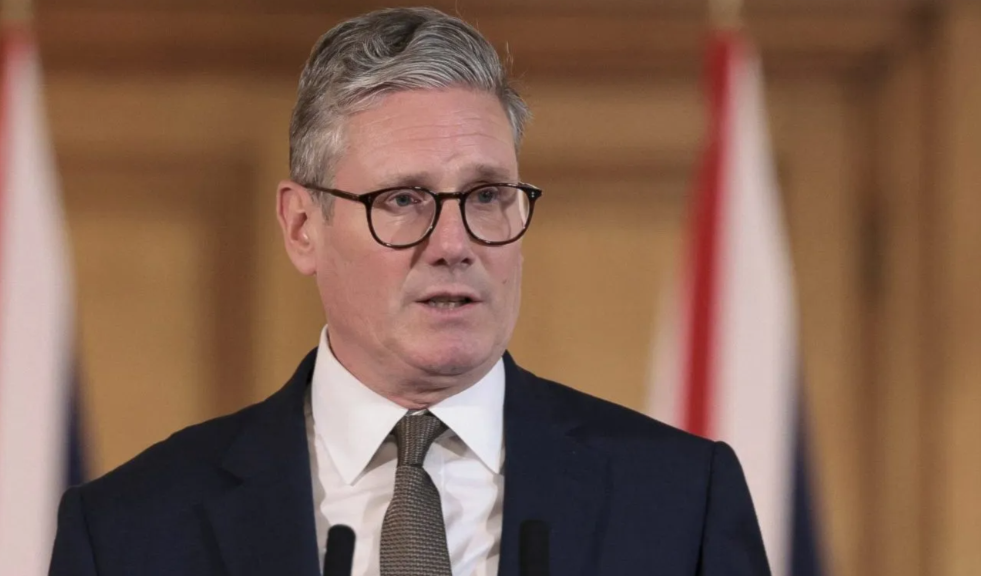UK urged to protect Ukraine from legal action over private debts
Unless a settlement is reached or a two-year moratorium is extended by the end of this month, Ukraine will legally default on its obligations in September.

Campaigners are lobbying Britain's incoming Labour administration to stop Ukraine from being sued in UK courts if it fails to pay its obligations to private creditors.
Debt Justice stated that a two-year moratorium on Ukraine's debt payments was set to expire on August 1, and that action was required to shield Kiev from potential legal action from its creditors.
Ukraine is negotiating with bondholders for a 60% debt writedown on the $24 billion (£18.7 billion) owed to private creditors. Bondholders, who include major financial firms such as BlackRock, Pimco, Fidelity, and AllianceBernstein, have shown their willingness to accept a 20% loss.
Bilateral creditors, notably the United Kingdom, have agreed to prolong the suspension of debt payments until 2027, but no deal has been reached with private creditors. The assistance provided by private creditors amounts to around 12% of Ukraine's yearly national product (GDP).
Unless a settlement is reached or a two-year moratorium is extended by the end of this month, Ukraine will legally default on its obligations in September.
Kyiv is concerned that if the 1 August deadline lapses, asset managers will sell their bonds to hedge funds, who will then sue. All of Ukraine's bonds are regulated by British law, thus any legal proceedings would take place in the United Kingdom.
According to Heidi Chow, Debt Justice's executive director, Ukraine "should not have to fight off shameless bondholders" while it "resists an invasion."
“These loans were given at high interest because of the supposed risk. That risk materialized the day Russia invaded.”
Ukrainian bonds "are governed by UK law, so an incoming UK government could pass a law to support Ukraine by making it clear that no lenders can sue the country while the war carries on", according to the director.
Last year, the Commons International Development Select Committee proposed legislation requiring private creditors to participate in debt relief, while Labour, in opposition, indicated support for the concept.
Debt Justice is pressing the government to modify the legislation so that a debtor country that negotiates in good faith with its creditors cannot be sued. It claims that this would provide Ukraine with the political and legal cover it needs to keep the present debt suspension in place until bondholders agree to the extent of debt restructuring necessary.
According to the International Monetary Fund (IMF), a 60% debt writedown will allow Ukraine to just about balance its finances.
The IMF believes Kiev and its private creditors are working hard to achieve an agreement, and that a settlement is conceivable by the end of the month, despite the quickly approaching deadline.
Creditors going after Kiev to resume debt payments: WSJ
Last month, The Wall Street Journal reported that foreign bondholders are aiming to reach an agreement with Ukraine to recommence government debt payments, which were halted two years ago due to the war with Russia.
However, the newspaper pointed out that there is concern among the United States and its allies that taxpayer money designated to assist Kiev may ultimately be directed to creditors.
The suspension of debt payments occurred two years ago when lenders granted Ukraine a credit holiday, anticipating a swift resolution to the conflict, but their patience is now waning, The Wall Street Journal cited informed sources as saying.
According to the report, the foreign creditors intend to exert pressure on Kiev -- which recently received approximately $60 billion in US aid -- to resume interest payments starting next year. The timing of the request comes as Ukraine struggles to contain advancing Russian forces and losing control of numerous territories.

 4 Min Read
4 Min Read








